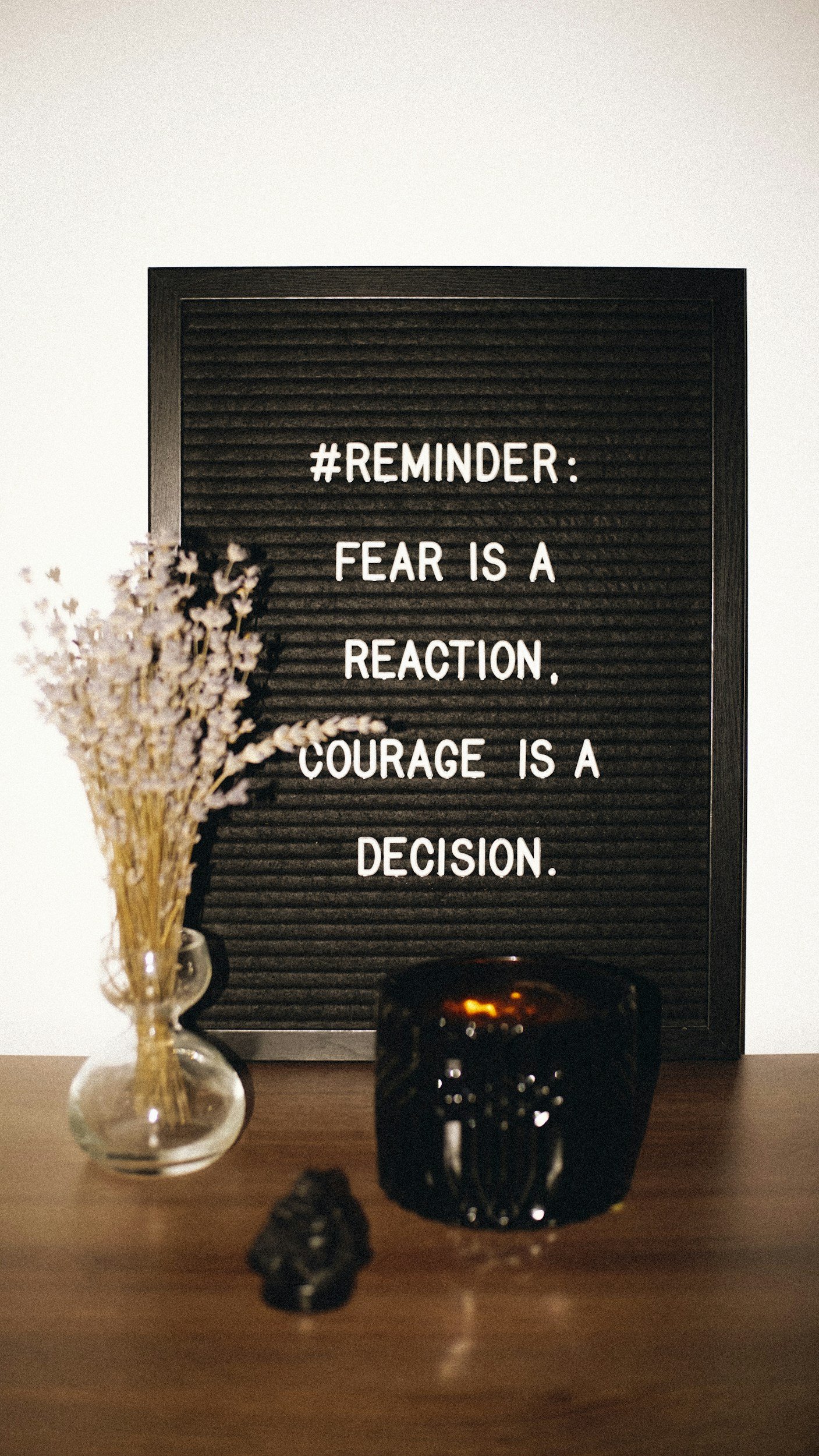Working Through Phobias
Phobias are more than just fears. They can shape your daily decisions, limit your experiences, and create a sense of dread that feels hard to explain to others. Whether it is a fear of driving, needles, vomiting, public speaking, flying, or something that feels deeply personal or hard to name, phobias can be overwhelming and isolating. You might know your fear does not make logical sense, but that does not make it any easier to face.
If your world has gotten smaller because of a specific fear, you are not alone and there is a path forward.
What Is a Phobia?
Phobias are intense, persistent fears of a specific object, situation, or activity. They often cause physical symptoms like racing heart, sweating, or nausea. Avoidance becomes a coping strategy, but over time, avoidance reinforces the fear and makes life feel more restricted.
Phobias are not a reflection of weakness or drama. They are patterns rooted in the nervous system, often formed through lived experience, learning, or trauma. The good news is that the brain is capable of change. Phobias are highly treatable with the right support.
How Therapy Helps
I offer a supportive, collaborative space to understand your fear and begin shifting how you relate to it. Together, we move at a pace that feels manageable and empowering. You do not have to dive into the deep end. You can build the capacity to face what scares you with tools that help you feel safer and more confident.
My work with phobias is grounded in exposure therapy, an evidence-based approach that gently helps you reconnect with what you have been avoiding. Exposure therapy involves gradually and systematically facing the feared object or situation in a way that helps retrain your nervous system. Over time, your brain learns that you can tolerate the discomfort, and the fear begins to lose its grip.
This process is not about forcing or flooding. It is about building safety, trust, and confidence one step at a time.
Phobias I Commonly Work With
-
• Fear of vomiting (emetophobia)
• Fear of needles or medical procedures (trypanophobia)
• Fear of getting sick or developing a disease (nosophobia)
• Fear of dentists or dental procedures (dentophobia)
• Fear of death or dying (thanatophobia)escription text goes here -
• Fear of enclosed spaces (claustrophobia)
• Fear of heights (acrophobia)
• Fear of flying (aerophobia)
• Fear of driving or riding in a car
• Fear of crossing bridges or going through tunnels -
• Fear of public speaking (glossophobia)
• Social anxiety related to judgment, embarrassment, or interaction -
• Fear of spiders (arachnophobia)
• Fear of snakes (ophidiophobia)
• Fear of dogs (cynophobia)
• Fear of insects (entomophobia)
If you are not sure whether what you are experiencing is a phobia or something else, we can explore it together.
You do not need a specific label to get support.




You Do Not Have to Face It Alone
Fear thrives in silence. When you begin talking about it, naming it, and slowly turning toward it, something begins to shift. Therapy can help you feel more in control, more grounded, and more free.